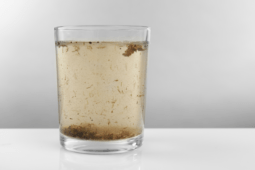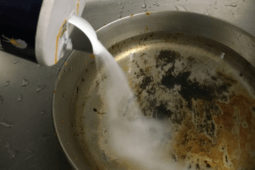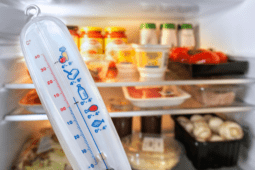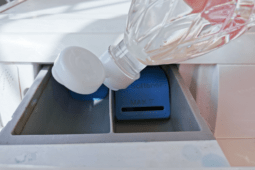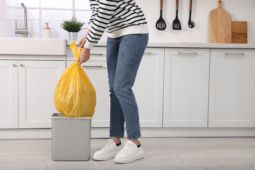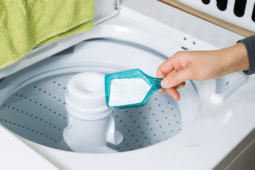Does Cooking with Aluminum Foil Pose a Health Risk?
Aluminum foil is a kitchen staple, used for everything from wrapping leftovers to lining baking sheets. But with growing concerns about heavy metals in our food, many people wonder: does cooking with aluminum foil pose a health risk? Let’s break down what science says and whether you should rethink your foil usage.
How Aluminum Can Transfer to Your Food
Aluminum is a naturally occurring metal found in soil, water, and even some foods. While small amounts are generally considered safe, excessive exposure has raised health concerns. Cooking with aluminum foil can cause small amounts of the metal to leach into food, particularly when exposed to heat, acidic ingredients (like tomatoes and citrus), or salty foods. The hotter and longer the cooking process, the more aluminum may transfer.
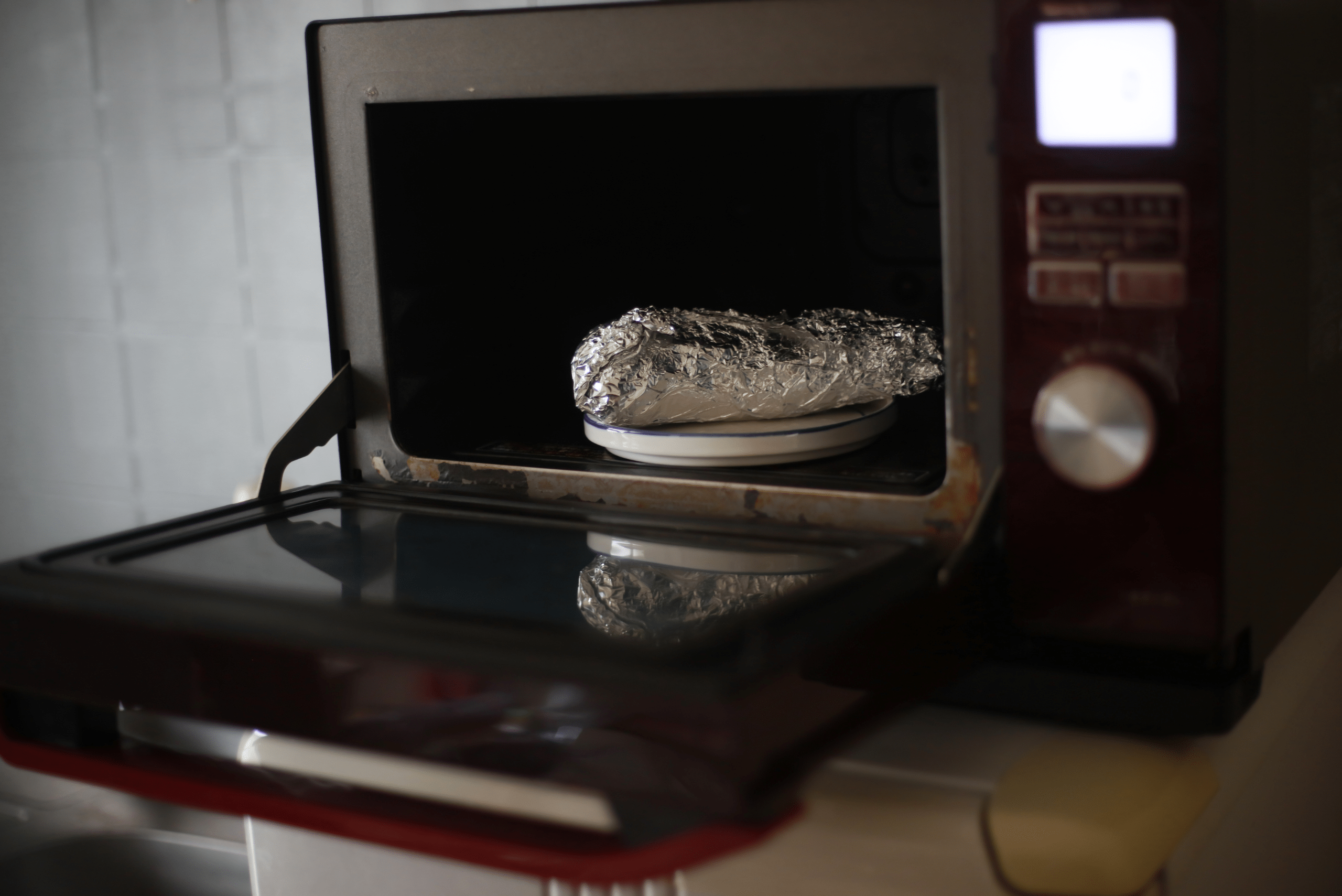
Health Concerns Linked to Aluminum Exposure
The human body is capable of processing and eliminating small amounts of aluminum, but long-term exposure has been studied for its potential connection to health issues. Some research suggests excessive aluminum intake may be linked to neurodegenerative diseases such as Alzheimer’s, though the evidence is not conclusive.
Additionally, high aluminum levels have been studied for their potential effects on bone health and kidney function, particularly in individuals with preexisting conditions.
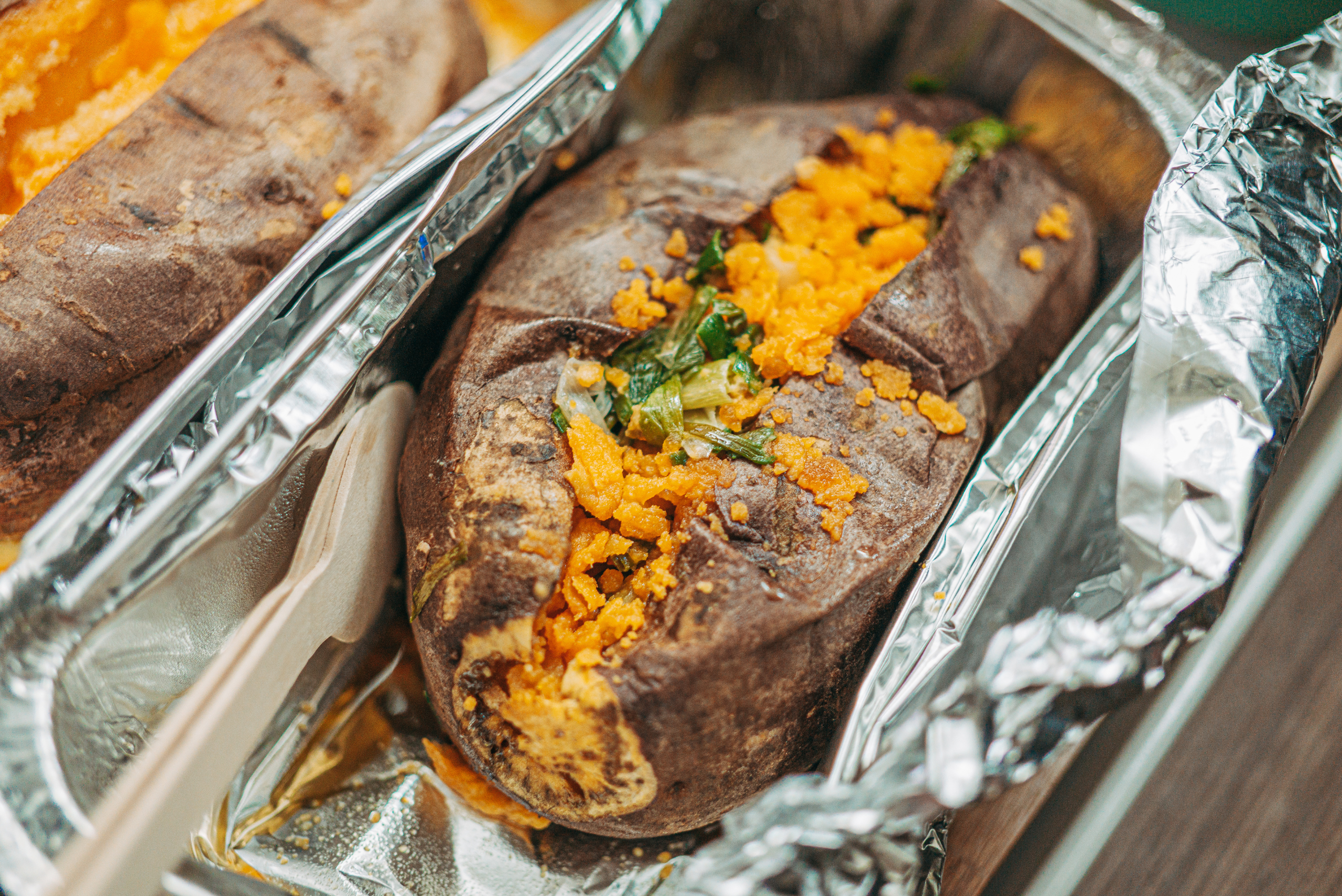
Are Certain Foods More Affected?
Not all foods react the same way with aluminum foil. Acidic and salty foods create a greater likelihood of aluminum leaching, while dry and neutral foods tend to have minimal transfer. If you frequently cook tomato-based dishes, citrus-marinated meats, or heavily salted foods in foil, you might want to consider alternative methods to minimize exposure.
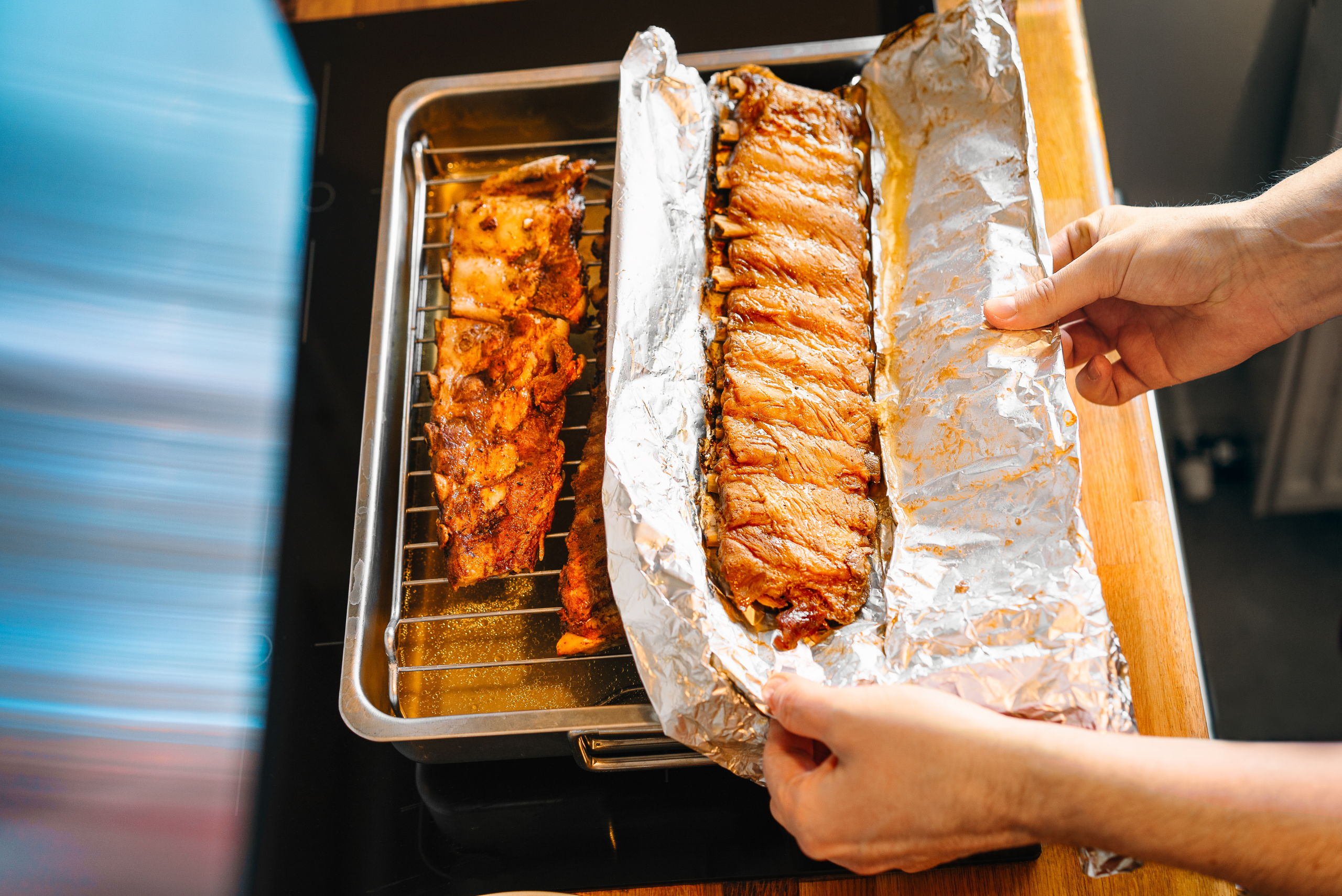
Safe Practices for Cooking with Aluminum Foil
If you prefer to keep using aluminum foil, there are ways to minimize any potential risks:
- Avoid using aluminum foil with acidic or salty foods to reduce leaching.
- Use parchment paper as a barrier between food and foil when baking or roasting.
- Limit high-heat exposure by opting for lower cooking temperatures when possible.
- Do not store food in aluminum foil for extended periods, especially in the fridge, where moisture can speed up metal transfer.
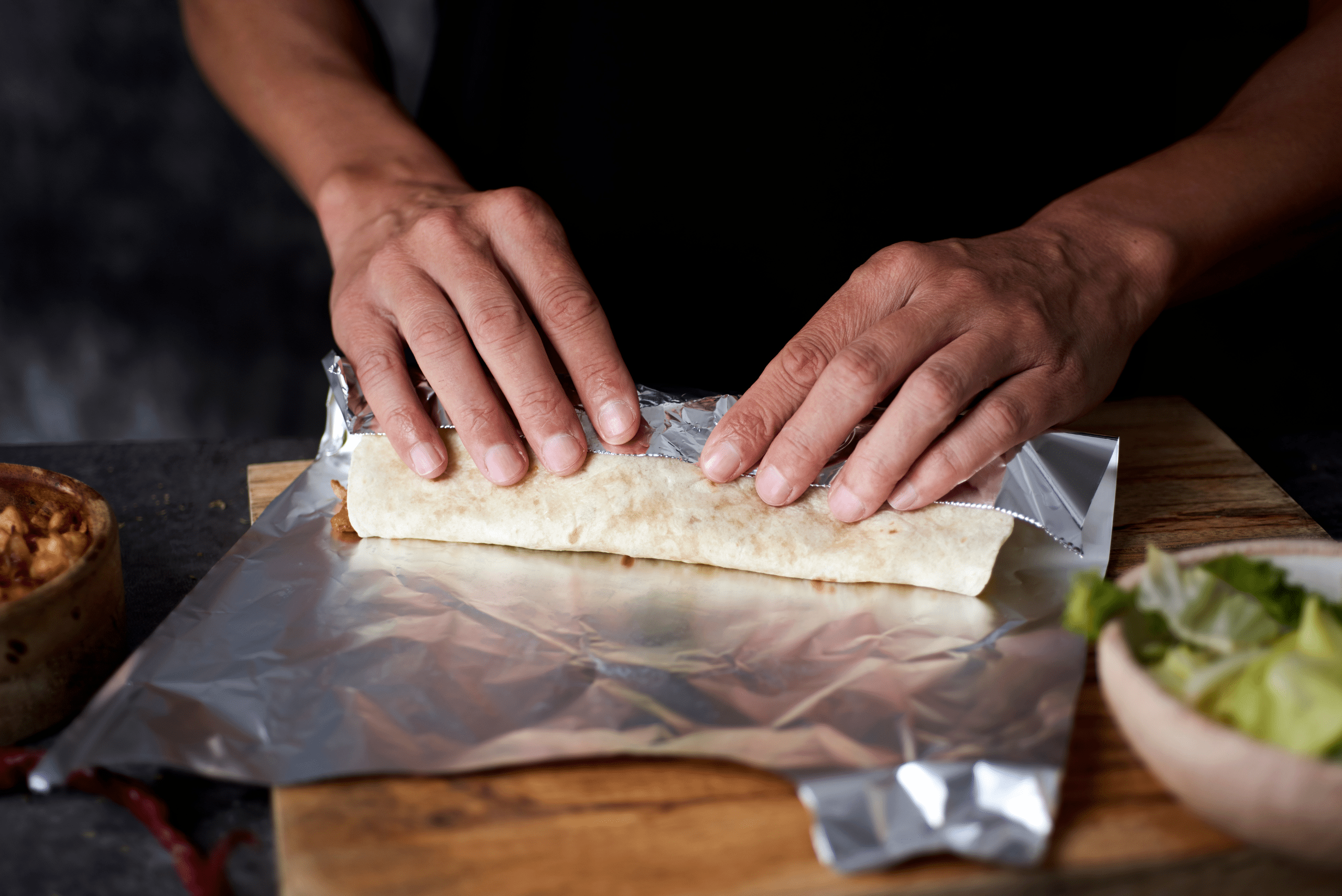
Alternatives to Aluminum Foil
If you’re looking for safer alternatives, try these options:
- Parchment paper: Great for baking and roasting without the risk of metal leaching.
- Glass or ceramic bakeware: A reusable and non-reactive option for cooking and storage.
- Silicone baking mats: A durable, heat-resistant alternative for lining baking sheets.
- Stainless steel or cast iron cookware: Excellent for grilling, roasting, and stovetop cooking.
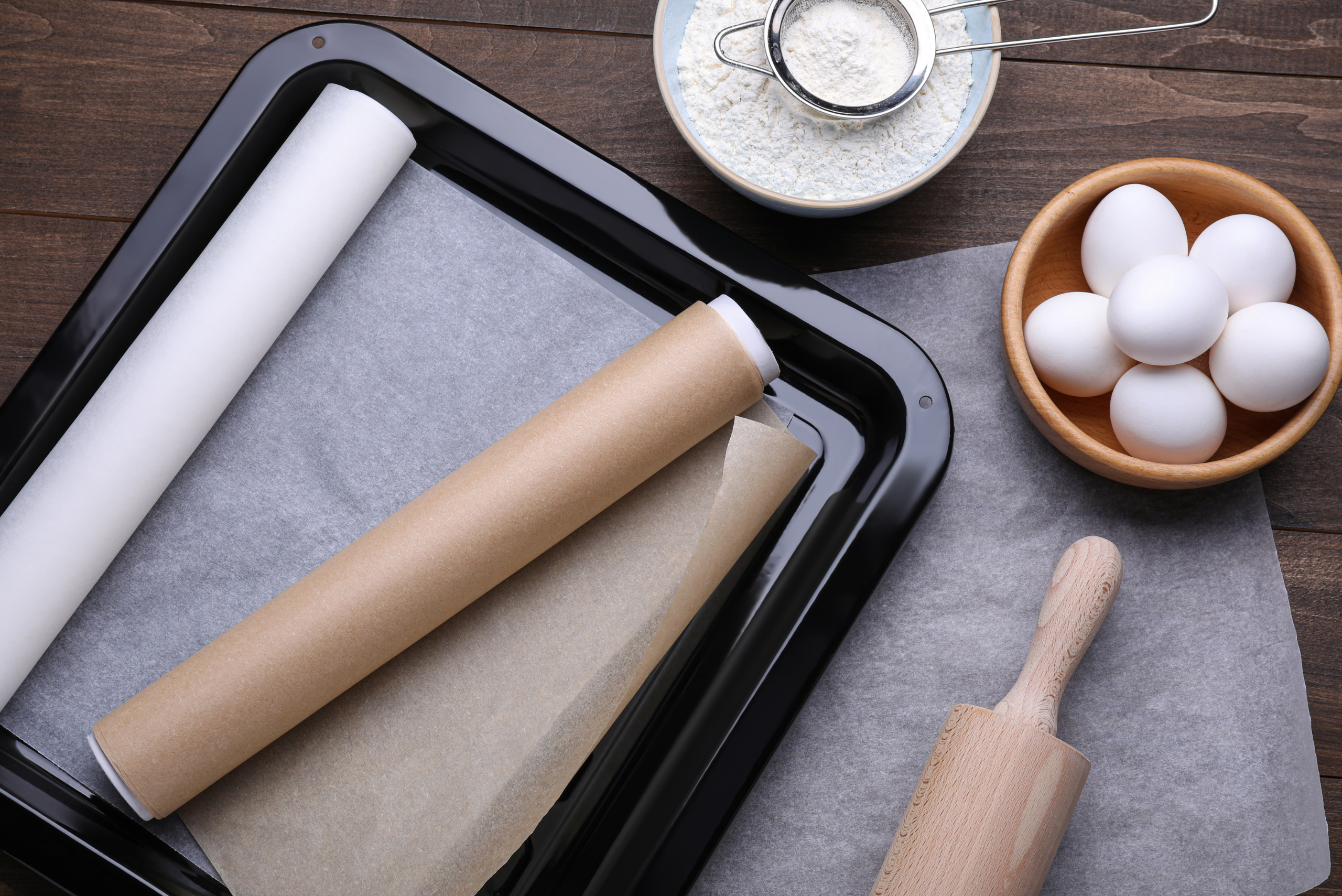
Related Articles
- Ingenious Aluminum Foil Hacks That Will Make You Want To Stock Up!
- The Truth Behind Why Aluminum Foil Has a Shiny and a Dull Side
- 5 Chemical-Free Microwave Cleaning Methods to Avoid Hidden Health Risks
While occasional use of aluminum foil is unlikely to pose a serious health risk, frequent exposure, especially with acidic and salty foods, may contribute to increased aluminum intake. By adopting safer cooking practices and considering alternatives, you can reduce potential risks while still enjoying the convenience of foil when needed. As with most things, moderation is key!

